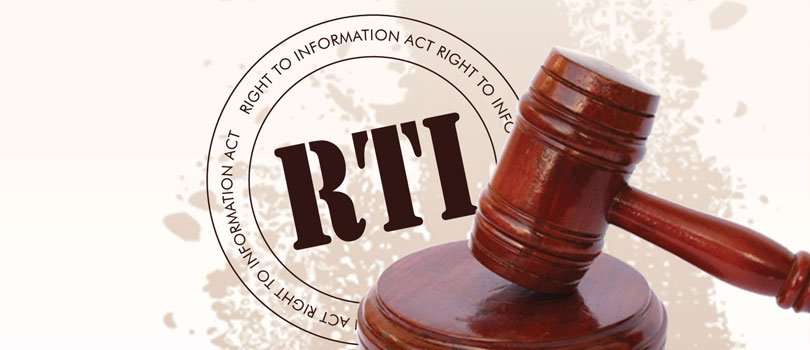A Deputy Chairperson of the Right To Information Commission (RTIC), Elizabeth Asare, has expressed the need for public institutions to have information units in their organisations.
According to her, this is to help the public and interested parties easily access information they need. She indicated that access to information from public institutions is a fundamental right for citizens to take advantage of.
Ms Asare revealed that these institutions do not all have their public information manuals in place and that will take a while to materialize. She expressed surprise to know that there are currently over 700 institutions that are supposed to be monitored and evaluated by the Commission. As such, there is the possibility that not all the public institutions will operate at the same level of commitment to providing citizens with requisite information.
She further clarified that the manual required in pulbic institutions does not give a person the information he or she may need, but rather directs them to where they can get the information.
“… So, it’s a slow process, but we encourage that they do have the manuals. First and foremost, they need to have information units and have information officers so that when you are going for the information, you know exactly where you are going… So, every institution is being encouraged to have an information unit and an information officer. If you do not employ an information officer, you can designate an officer in the institution to act as an information officer, so, people know where to go.”
Elizabeth Asare

Implementing RTI laws in the country
Commenting on the RTI laws in the country, Mrs Asare stated that there are also some private institutions that are offering public service and using public resources, which are mandated to make information accessible to the public. She noted that the law has been put in place to ensure there’s transparency and to make sure that the country has an“informed population [and] to make sure that whatever is being done has a stake of the public as citizen being a part of it”.
“I believe that the law seeks to ensure that people are informed, have the facts, are able to access the necessary information they need to make informed choice and to be able to play their role more effectively. Because if you have information, you know exactly what you have to do… Make sure that everybody is part of the democratic system and is contributing to ensure that we are a democratic nation.”
Elizabeth Asare
The Deputy Chairperson of the RTI Commission highlighted that the Commission was set up to promote, monitor, evaluate and to enforce the Right To Information law. She opined that it is also meant to ensure the Act is being implemented and is functional.
“So, we need to go out and sensitize people on the fact that they have every right to get the information they need and that is basically what the Commission is doing…”
Elizabeth Asare
Mrs Asare emphasized that the Commission has so far toured ten out of the sixteen regions to create awareness and sensitize the public on the RTI Act. She concerted that although it is a slow process, people are now beginning to understand and grasp the Act.
“… So, we probably would be looking a lot more at the public being able to use the Act to access the information they need and so, we continue to sensitize and create awareness… Being a government institution that is under-resourced, we still have a lot of challenges because you need money to be able to roll out all these programs. We started slowly, we are getting there and we are getting people now coming to the Commission with appeals…”
Elizabeth Asare
READ ALSO: The Party Is Made Up Of Volunteer, Nobody Pays Us- NDC General Secretary Aspirant





















